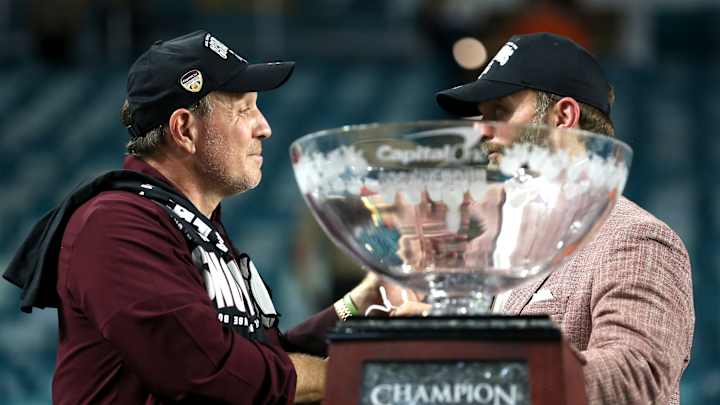Does 'NIL' Ruling Mean Open Season For Aggie Student-Athletes?

The NCAA board of directors also voted on Wednesday in favor of a national 'stopgap rule' allowing college athletes in all states to participate in the NIL rule until federal legislation can be passed.
Some Texas A&M football players are already hinting at deals on social media. Leon O'Neal, Demani Richardson, Seth Small, and Earnest Crownover III are among them.
READ MORE: Texas A&M Aggies 2021 Opponent Preview: Colorado Buffaloes
According to the legislation, colleges "must provide financial literacy and life skills workshops for student-athletes at the beginning of their first and third academic years."
A&M will achieve that and much more with its "AMPLIFY" program that brings in several outside companies to aid in education, compliance, and partnering athletes with businesses.
Student-athletes can now hire agents to help with their business dealings, and those dealings must be reported to the athletics department according to both state law and NCAA rules.
Schools themselves are not allowed to broker deals for their students, and the school cannot use NIL deals as an incentive for a student-athlete to attend the school.
However, "boosters" are allowed to engage in deals with student-athletes as long as those deals meet all the guidelines set by NCAA rules and state laws.
READ MORE: Texas A&M Rises To No. 6 In SI Alli-American's 2022 Recruiting Class Rankings
This new legislation is sure to change the entire dynamic of college athletics. Whether that's going to be in a positive fashion has yet to be seen. Things can certainly, and will most certainly go wrong.
But for now, finally, it won't be just the athletic programs that are benefitting from the millions of dollars earned through the efforts of the student-athletes.
All of this comes after a 9-0 ruling by the U.S. Supreme Court in the NCAA v. Alston case that ruled the NCAA violated the Sherman Antitrust Act.
While the educational benefits for student-athletes were not the main focus of the ruling, the opinions written by Justices Neil Gorsuch and Brett Kavanaugh certainly opened the door for more discussion, lawsuits, and change regarding student-athlete compensation in college athletics.
CONTINUE READING: Kent State Players To Watch VS Texas A&M in Week 1
